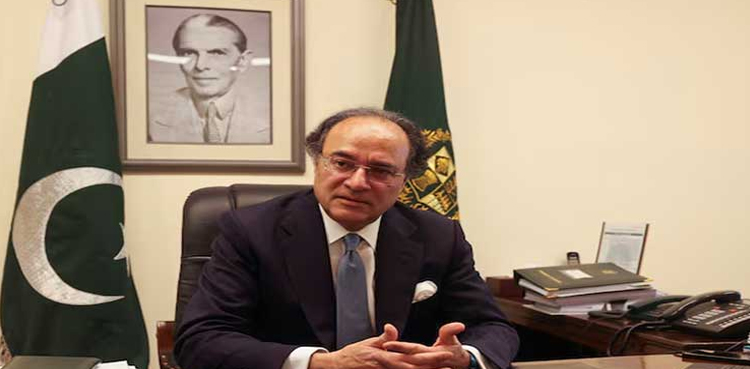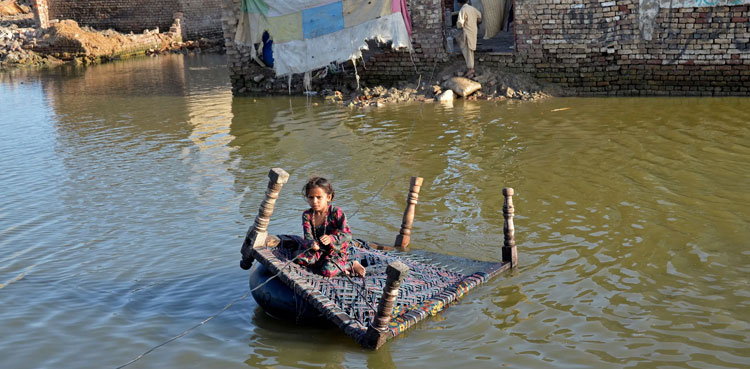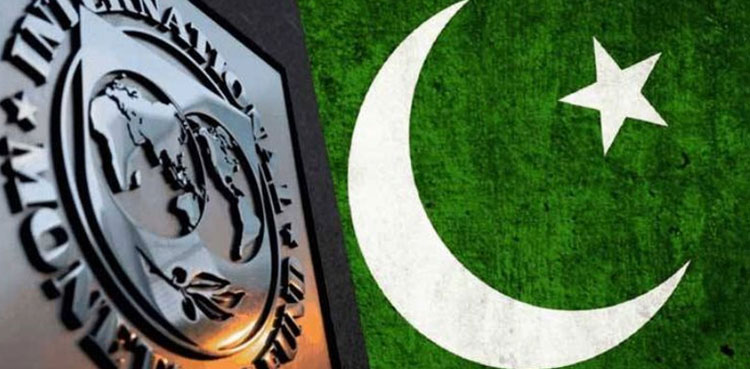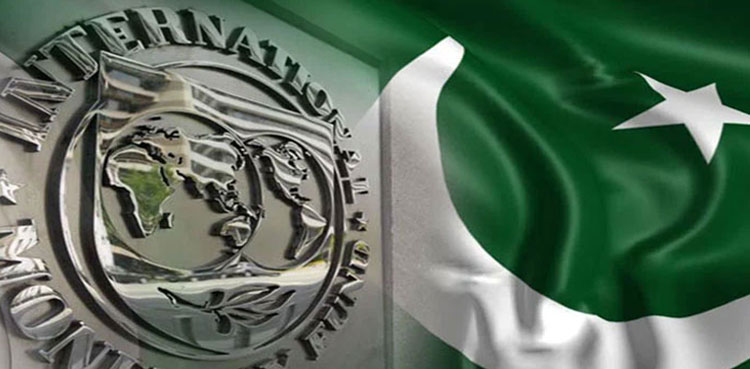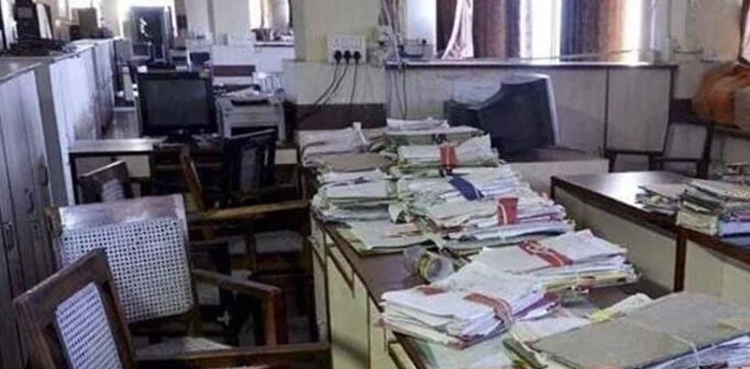ISLAMABAD: Pakistan’s Finance Minister, Muhammad Aurangzeb, has announced the formation of a high-level delegation to engage in discussions with the United States following the imposition of U.S. tariffs.
The delegation aims to address the impact of U.S. tariffs on Pakistan by negotiating trade solutions.
During a press conference, Finance Minister Aurangzeb revealed that a steering committee and working group have been established to prepare a comprehensive response to the U.S. tariffs.
These groups will soon present their findings to Prime Minister Shehbaz Sharif. The delegation will focus on negotiating with U.S. officials to mitigate the impact of the tariffs while exploring avenues for economic collaboration.
The finance minister emphasized that while the tariffs pose challenges, they also offer opportunities for Pakistan to strengthen its trade relations with the United States.
However, he clarified that no special package for local industries is currently under consideration.
Yesterday, Prime Minister Shehbaz Sharif formed a 12-member steering committee to analyze the effects of the 29% U.S. tariffs on Pakistani goods. The committee will evaluate the competitiveness of Pakistan’s exports, particularly in the textile sector, and develop policy responses.
Members of the committee include the Finance Minister, Commerce Minister, Petroleum Minister, Special Assistant for Industry, FBR Chairman, Foreign Secretary, Pakistan’s Ambassador to the U.S., and former WTO Ambassador.
Read more: IMF says US tariffs represent significant risk to global outlook
Earlier, sweeping tariffs introduced by U.S. President Donald Trump on Wednesday raised concerns about their potential impact on the global economy, especially during a period of sluggish growth.
In a statement on Thursday, IMF Managing Director Kristalina Georgieva emphasized the importance of avoiding measures that could exacerbate economic challenges.
Kristalina Georgieva urged the United States and its trading partners to engage constructively to ease tensions and foster cooperation.
She said the IMF would provide its assessment of the announced tariffs when it releases an update to its World Economic Outlook during the April 21-26 meetings in Washington, D.C.
